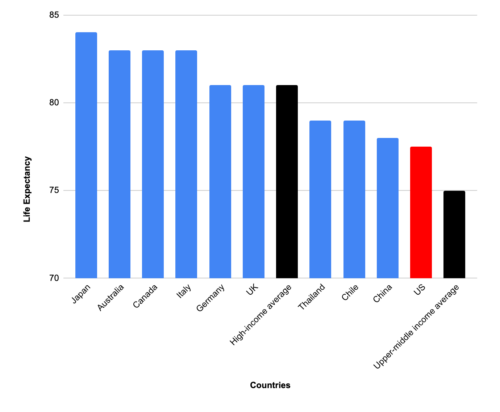Don’t Ban Zero-Rating in India
By: / 04.23.2015
Zero-rating – a practice where mobile operators provide select Internet content for free – is coming under heavy fire in India. Indeed the Indian government is likely to ban the practice as early as next month. But given that zero-rating could enable tremendous social and economic opportunity to developing countries like India, banning it now would be a mistake.
Widespread media attention has put India’s approach to Internet regulation and “net neutrality” into the global spotlight. It started with a report issued last month from their telecommunications regulator (TRAI) asking for public comments on how to regulate “over-the-top” content offering from mobile providers. A large public outpouring of information (and misinformation) ensued, leading one Indian Member of Parliament to write, “TRAI cannot control the internet by charging separately for services that are created by the very people who believe in the idea of free access to information and knowledge.”
Already several companies providing content through zero-rating programs have backed out over the backlash, lest they be charged with enabling Internet discrimination. Adding more fuel to the fire, this week a group of Indian tech entrepreneurs sent a letter to India’s Prime Minister arguing that zero-rating could stunt economic growth as Internet start-ups are unable to compete with free content. “These practices, if allowed, will exclude promising startups from the Internet and end our dream of seeing them flourish,” they said.
It’s unlikely, however, that zero rating will crush anyone’s dreams. In fact, as we’ve recently argued in our paper “Zero-Rating: Kick-Starting Internet Ecosystems in Developing Countries,” zero-rating could be a powerful vehicle for economic growth and prosperity in countries like India, where large segments of the population aren’t online.
In the developing world, zero-rating has the potential to jumpstart local Internet ecosystems. Consumers that have previously used up their monthly data allotments on sites like Google, Twitter, and Facebook could now use them instead to surf local content. Moreover, people who are currently not connected to the Internet may have a stronger incentive to sign up for a monthly data plan, seeing a higher value in accessing the Internet. The larger customer base for local content would then provide a greater incentive for tech entrepreneurs to invest in turning their ideas into the latest online site or service. As more local content becomes available, a resulting boost in local demand will follow in a virtuous economic feedback loop.
Consider, for example, a local business collecting agricultural prices across a poor country that would like to post them online. Such data could be extremely valuable for the country’s farmers, who stand to benefit greatly from access to better information. Yet if there are too few farmers or other consumers of this data online, no one has an incentive to collect the data and create an online platform. Yet if offerings such as zero-rating encouraged more farmers to get connected, this business could get off the ground – and more could follow – enabling locally-driven economic growth.
Although many zero-rating programs are relatively new, early results are promising. Countries across the globe, from the Philippines to Egypt, and in sub-Saharan Africa, have seen large increases in connectivity alongside zero-rating offerings. And perhaps most importantly, there is no evidence that zero-rating has caused any economic damage in underserved areas with low connectivity.
India’s politicians and regulators would be well-served to see zero-rating as an opportunity to increase local business potential, not as a threat to it. Local businesses could even use Twitter, Google, and Facebook to advertise their services, as part of the local Internet ecosystem.
Our report instead proposes guiding principles for zero-rating. For example, such offerings should be non-exclusive, to guard against anti-competitive behavior across mobile operators, and zero-rating programs should be regularly evaluated. These principles would promote transparency and accountability, and most importantly, increase public trust.
Of course, zero-rating is not a silver bullet for dispelling inequality or eradicating poverty. But it is an important part of a pro-growth strategy that will boost local economies. It could make the difference between a would-be Internet entrepreneur creating new apps for local services and data or going to another country with higher connectivity.
That’s why banning zero-rating in India now would be a mistake. The best path forward for India’s Internet economy is to promote policies that enable its citizens and businesses to fully participate in the data-driven economy. That means keeping every pathway to future global growth, opportunity, and prosperity open, including zero-rating.






